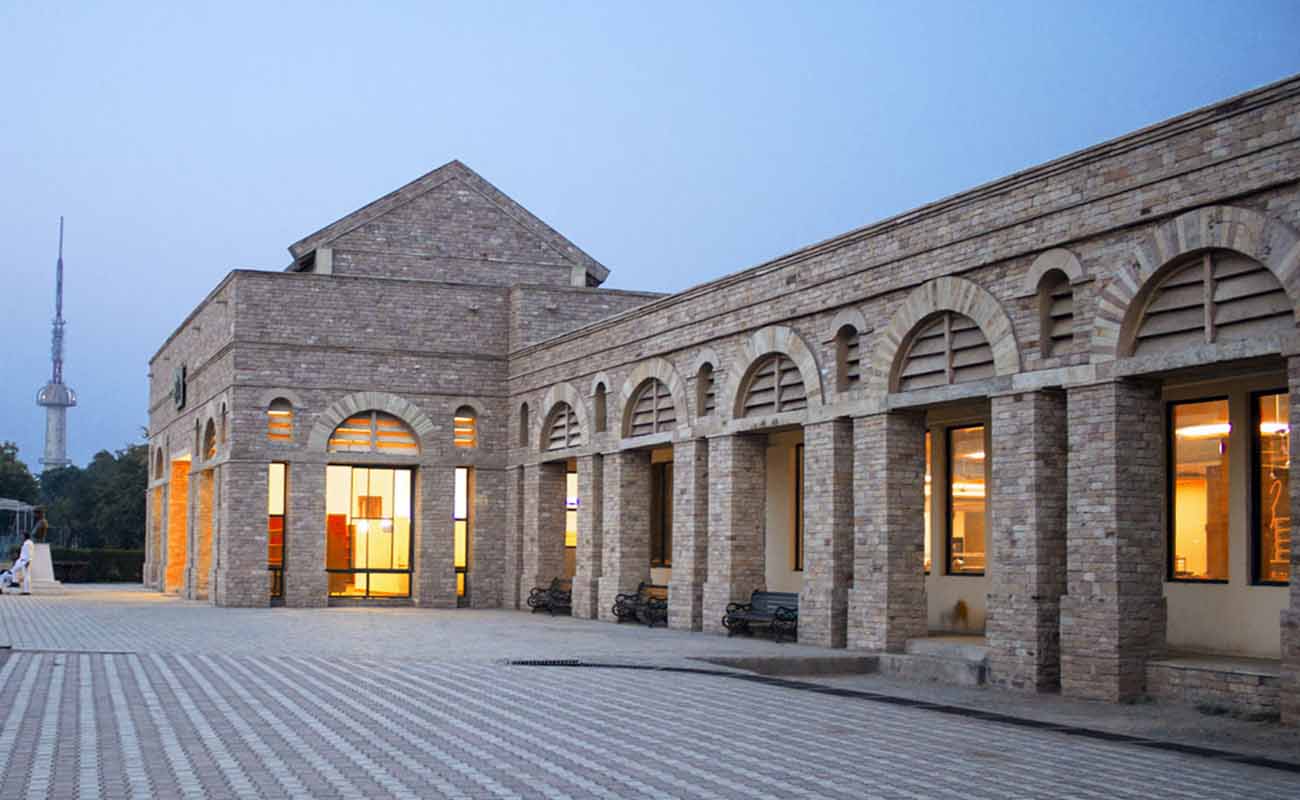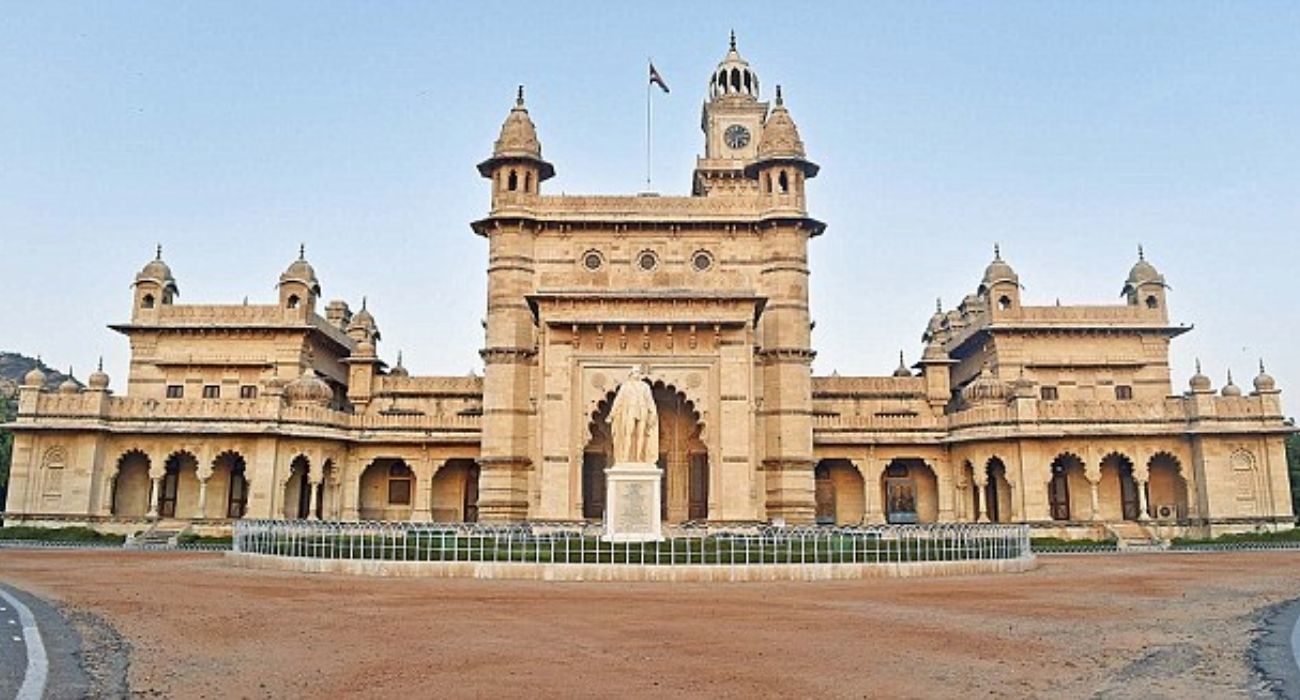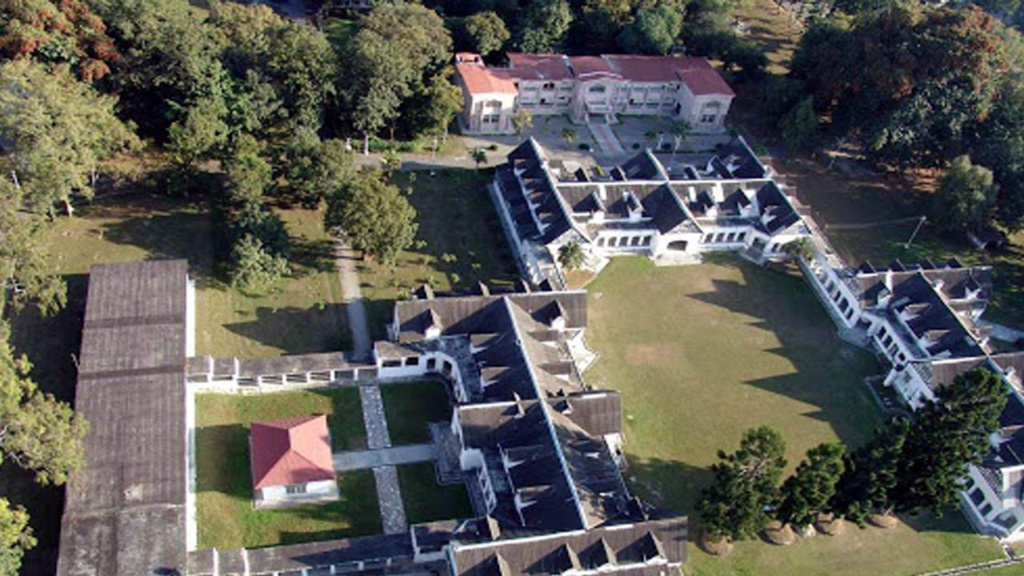Table of Contents

IS IB WORTH IT? PROS, CONS AND ADVICE
For students within the age group range of 3-19 years, the International Baccalaureate (IB) provides a continuum of international education via laborious challenges and high-quality educational programmes.
Students are challenged to think critically, ask proper questions, and think across disciplines in IB programmes, which promote both personal growth and academic accomplishment. An IB World School is any school that is authorized to provide IB programmes. Diversity, curiosity, and a healthy desire for learning are all fostered by an IB education. To teach IB programmes, schools must be approved.
PROS OF IB:
- Globally Recognized:
- The most obvious factor in the IB’s favour is its international character, which cannot be overlooked.
- All prominent colleges recognise the IB Diploma Program, putting one on the global stage and contextualising your application.
- Irrespective of a student’s ranking in the IB tests the outcomes stays unchanged, admission authorities carry an understanding of this.
- Because country-specific programmes don’t have the same worldwide reach as other programmes, institutions have a tougher time understanding the outcomes and objectively comparing a prospective candidate to any other candidates.
- However, it is imperative to note that recognition does not always imply worth. It depends on a student’s personal analysis as to where he or she stand after receiving education from an IB institute. IB is more important to US institutions than it is to UK universities, the impact of this on one can only be understood by the concerned student.
- Scope of study:
- IB provides a wide choice of courses to study. Students have the option of selecting any subject from a list of options.
- Students get a better chance of scoring well if they have the freedom to choose a subject.
- Students have the option of choosing between high-grade and low-grade studies. With the facility in place, one may devote more effort to the topics whose grades will have the most impact on their future success.
- IB teaches students to handle complicated challenges and think critically.
- Students are in charge of their own education, which gives a sense of responsibility to them.
- IB acts as a vital component of educational programmes that can lead to the admission of students to the best universities globally.
- Well-Rounded Education:
- The acquisition of a second language helps the students to become more culturally conscious.
- IB helps students gain the ability to interact with individuals in a rapidly changing globalized society.
- Teachers have an important part in designing a curriculum, and because they are closest to the students, they may tailor the curriculum’s implementation to the students’ socio-cultural setting.
- The lack of a rigid curricular design might encourage teachers’ creativity, which can lead to improved learning results.
- The skill-centred method is more interesting than the content-based approach, and it promotes multiple intelligence development.
- In education, the IB provides a true and complementary balance of national and international perspectives.
- Personnel Development:
- The IB’s Creativity, Action, Service (CAS) component emphasises emotional and social development by involving students in extracurricular activities.
- It not only makes a student take a break from academics to provide a more balanced education, but also allows him or her to practise softer skills such as empathy, collaboration, and organisation.
- Other curriculums are solely intellectual and do not place such a strong emphasis on personal and personnel development.
CONS OF IB:
- Heavy Workload:
- If the subjects are as diverse as they should be, the amount of effort and study time required should also be examined.
- Based on a brief comparison, the maximum number of points one may get with an IB Diploma is 45.
- This is comparable to 6 A-Levels at A grade, according to UCAS. The amount of work, effort, and devotion it takes to get 3 to 4 A-levels at A grade, much alone 6 can be inferred.
- Rigid Nature:
- Despite a large number of topic options, IB allows for less freedom due to the required diversity available in the curriculum.
- With a six-subject allocation distributed among six categories, or five if the art category is skipped, which is about as flexible as it gets, the IB Diploma is a strict curriculum.
- A student can “double-dip” in another area if an art course is sipped, but he or she cannot “triple dip.” This implies that one may study two sciences, for example, which may be plenty for most individuals.
- If an individual is bent on studying medicine at university, they will be served better by their school’s conventional curriculum, which allows them to cram as much science as they want.
THE ADVICE COLUMN:
Whether it’s IB or any other alternative, one will always wish to perform at a high level in the optimal environment for their academic and intellectual progress. If a student excels in their school’s curriculum, they gain a significantly greater chance of being admitted into a top-ranked institution than performing as a “just average” student in the IB Programmes! Although much of what the IB has to offer cannot be matched by its local competitors, there are also drawbacks.
The International Baccalaureate is not for everyone. If one chooses to do it, he or he should be sure that they have opted for the same for the correct reasons. Those that are suited to the programme will prosper, while those who aren’t may have a totally different experience. However, the gift of knowledge never leads anyone to failure.
For Admission in Top Boarding Schools
Hurry up! Fill this form and get a callback from us within an hour.
For Admission in Top Boarding Schools
Hurry up! Fill this form and get a callback from us within an hour.










